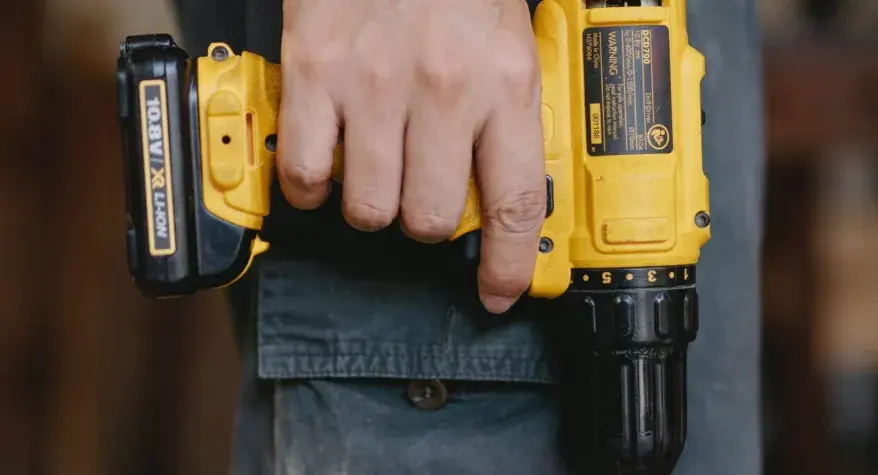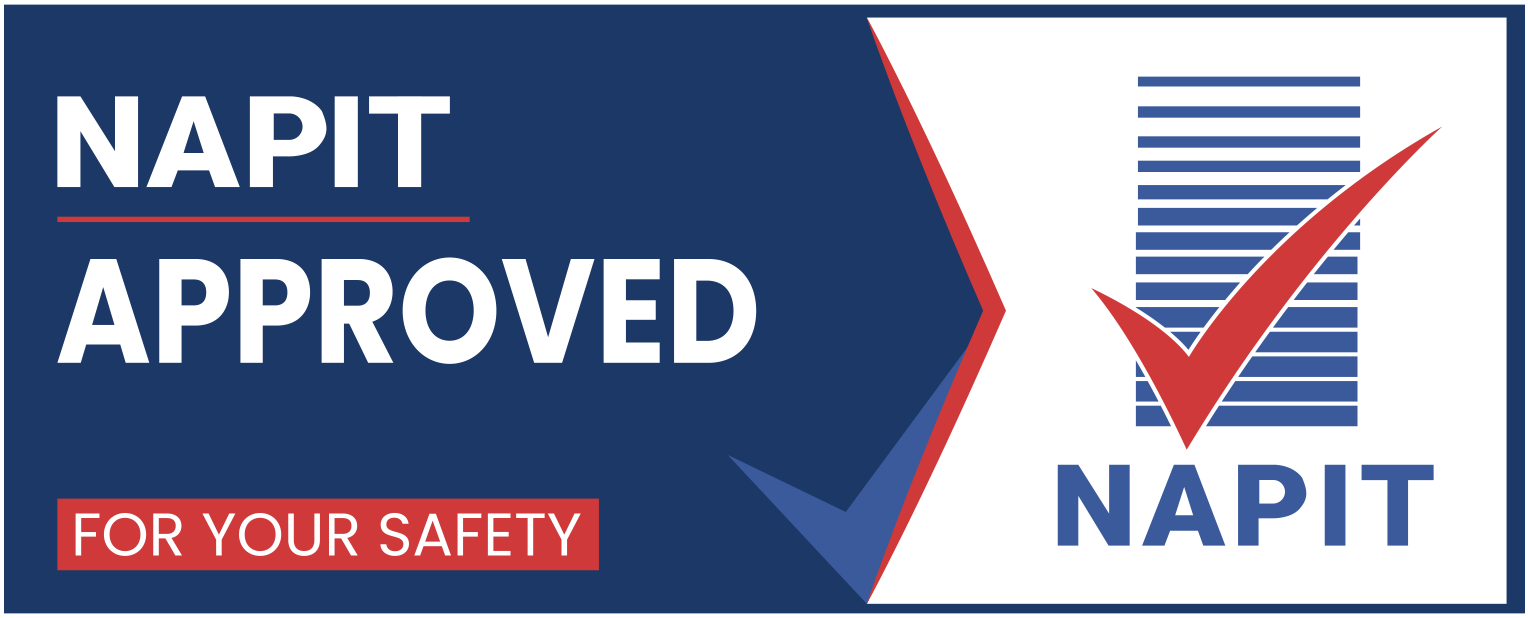In today's era of online tutorials and home improvement enthusiasts, the allure of undertaking do-it-yourself (DIY) electrical repairs is strong. While DIY projects can be empowering and cost-effective, there are situations where seeking professional help is not only advisable but crucial. This guide aims to navigate through various scenarios, empowering you to make informed decisions about whether to pick up that toolbox or call a professional electrician.
The Advantages and Drawbacks of DIY Electrical Repairs:
Pros:
 Cost-Efficiency:
Cost-Efficiency:
DIY projects can result in significant cost savings, particularly for minor repairs.
Skill Development:
Acquiring the ability to troubleshoot and fix simple electrical issues can be a valuable skill.
Prompt Action:
For minor issues, DIY allows for immediate action without waiting for a professional's availability.
Cons:
Safety Hazards:
Electrical work inherently carries risks, potentially leading to severe injuries or fatalities. Professionals undergo training to handle these dangers effectively.
Regulation Compliance:
DIY projects may not align with local building regulations or IET Wiring Regulations of the 18
th Edition, posing risks in terms of safety and legal compliance.
Exacerbating Issues:
A lack of experience can transform a seemingly simple problem into a more significant and complex issue.
When to Opt for DIY:
Basic Replacements:
Tasks such as swapping out a light switch or socket cover are generally DIY-friendly. Please note this isn’t a guarantee as you can’t always know the previous installers work is correct if you copy them. Yes, it may have worked OK but there can be hidden issues.
Resetting Tripped Circuit Breakers or replacing blown fuses :
For a one-time reset of a tripped Circuit breaker or RCD, it's normally safe to reset, but recurring issues warrant professional assessment.
Changing Light Bulbs:
Routine tasks like changing light bulbs are simple and safe for a DIY approach.
When to Seek Professional Assistance:
Faulty Wiring:
Any concerns related to electrical wiring should be addressed by a registered electrician to mitigate the risk of fire hazards.
Flickering Lights or Regular Outages:
Persistent issues may indicate underlying problems requiring professional diagnosis and intervention.
Electrical System Upgrades:
Tasks like installing additional lights/sockets, new circuits, upgrading fuse boxes/consumer units , or handling major renovations should be entrusted to professionals.
Expert Guidance:
Navigating the fine line between DIY and professional electrical repairs requires expert guidance. Prioritise safety and task complexity in your decision-making process. While DIY is suitable for minor tasks, electrical issues are not areas to compromise. When uncertain, prioritise the expertise of a qualified electrician for the sake of your safety and that of your home.
For professional electrical services in Kings Norton Birmingham, reach out to
A Bathe Electrics – your trusted local electrician.
 Cost-Efficiency:
DIY projects can result in significant cost savings, particularly for minor repairs.
Skill Development:
Acquiring the ability to troubleshoot and fix simple electrical issues can be a valuable skill.
Prompt Action:
For minor issues, DIY allows for immediate action without waiting for a professional's availability.
Cost-Efficiency:
DIY projects can result in significant cost savings, particularly for minor repairs.
Skill Development:
Acquiring the ability to troubleshoot and fix simple electrical issues can be a valuable skill.
Prompt Action:
For minor issues, DIY allows for immediate action without waiting for a professional's availability.
 Cost-Efficiency:
DIY projects can result in significant cost savings, particularly for minor repairs.
Skill Development:
Acquiring the ability to troubleshoot and fix simple electrical issues can be a valuable skill.
Prompt Action:
For minor issues, DIY allows for immediate action without waiting for a professional's availability.
Cost-Efficiency:
DIY projects can result in significant cost savings, particularly for minor repairs.
Skill Development:
Acquiring the ability to troubleshoot and fix simple electrical issues can be a valuable skill.
Prompt Action:
For minor issues, DIY allows for immediate action without waiting for a professional's availability.




